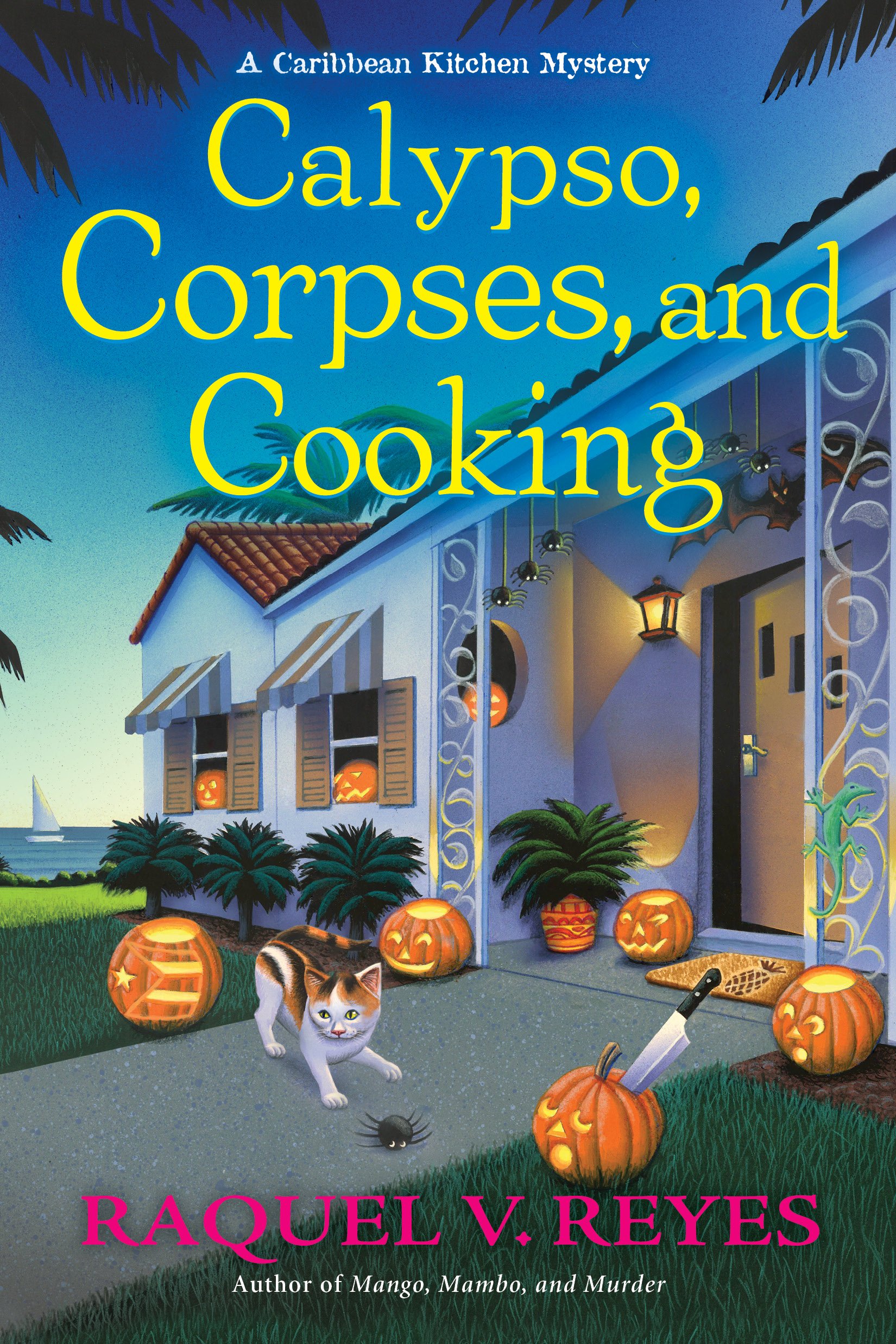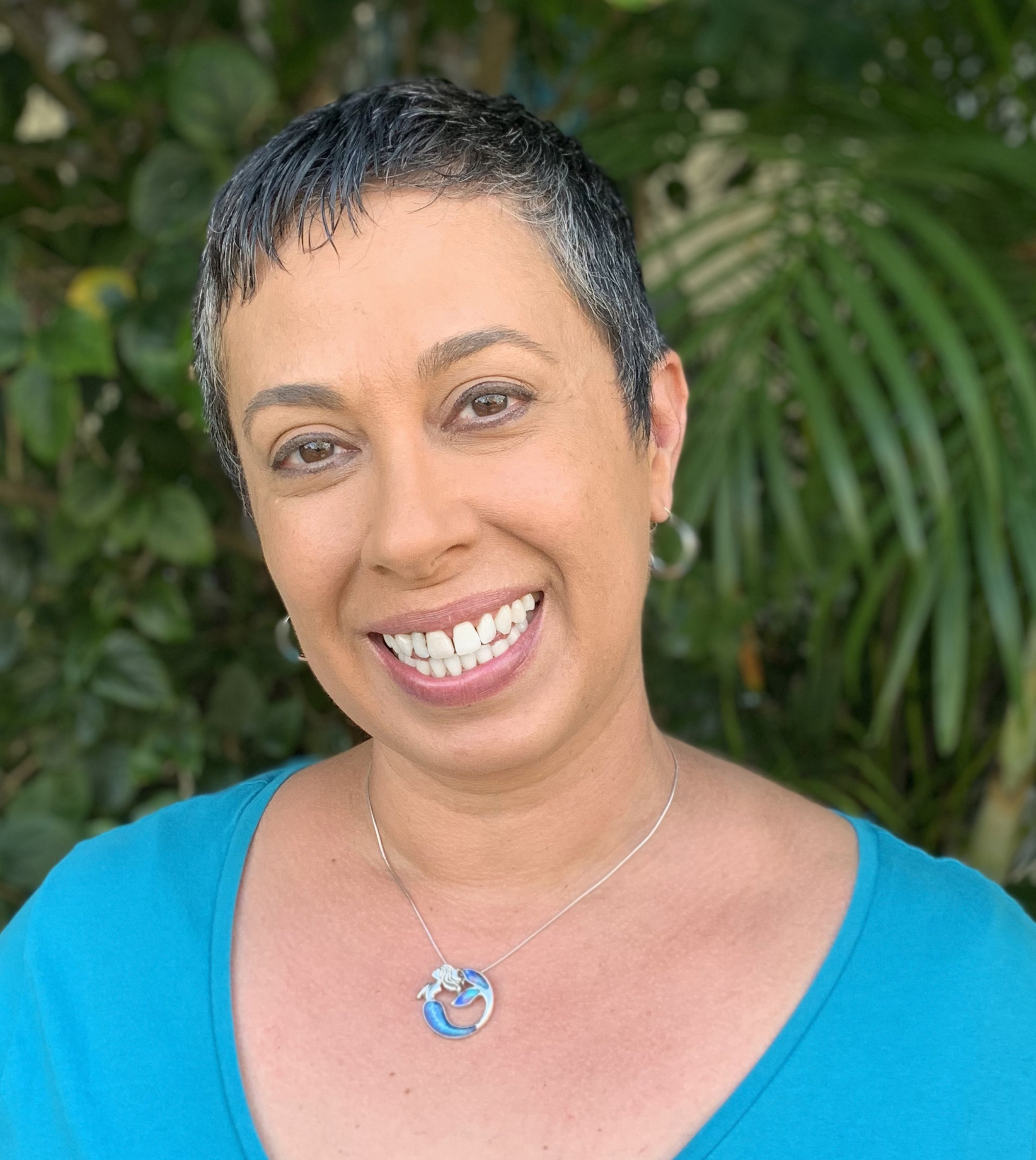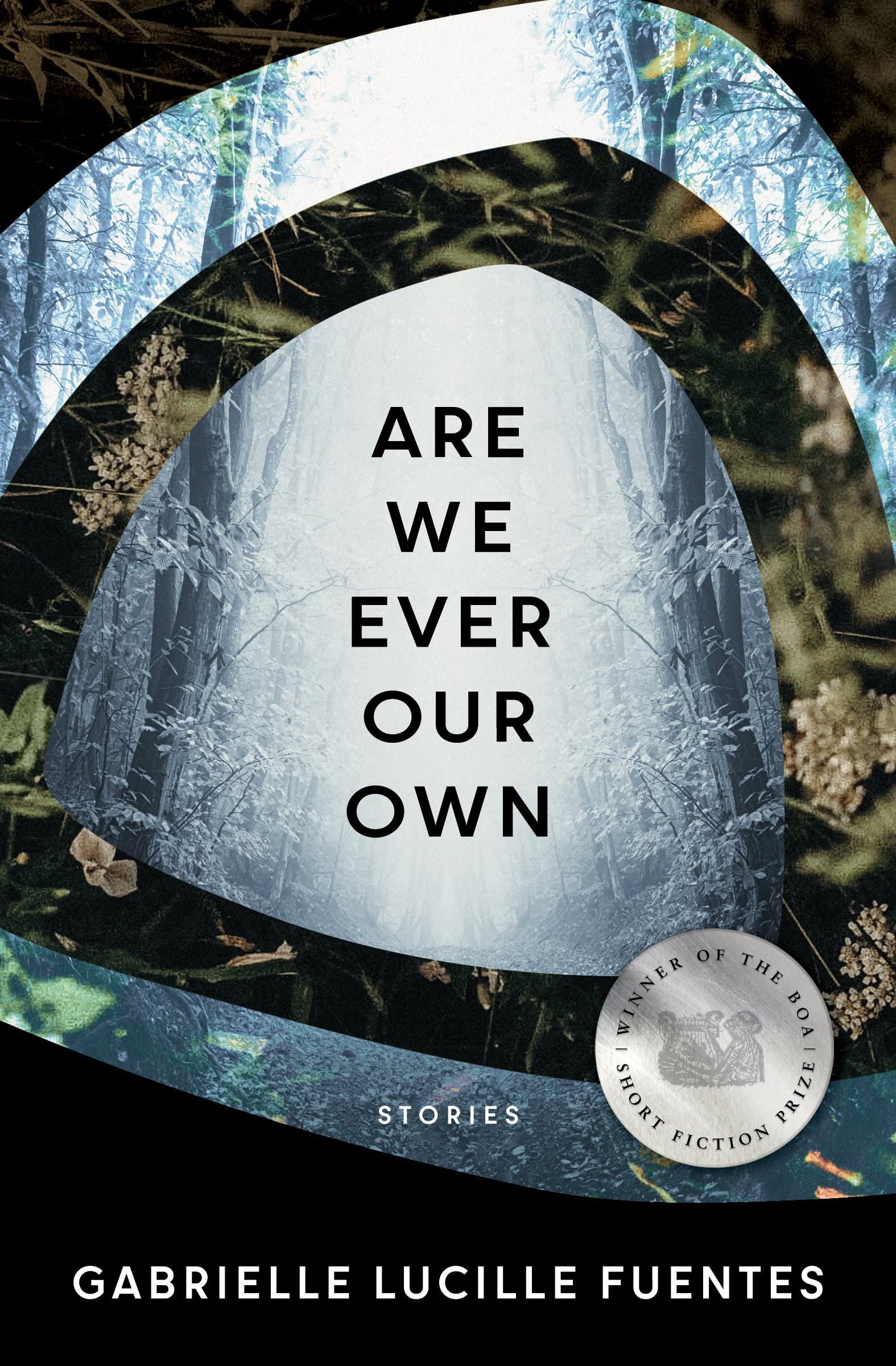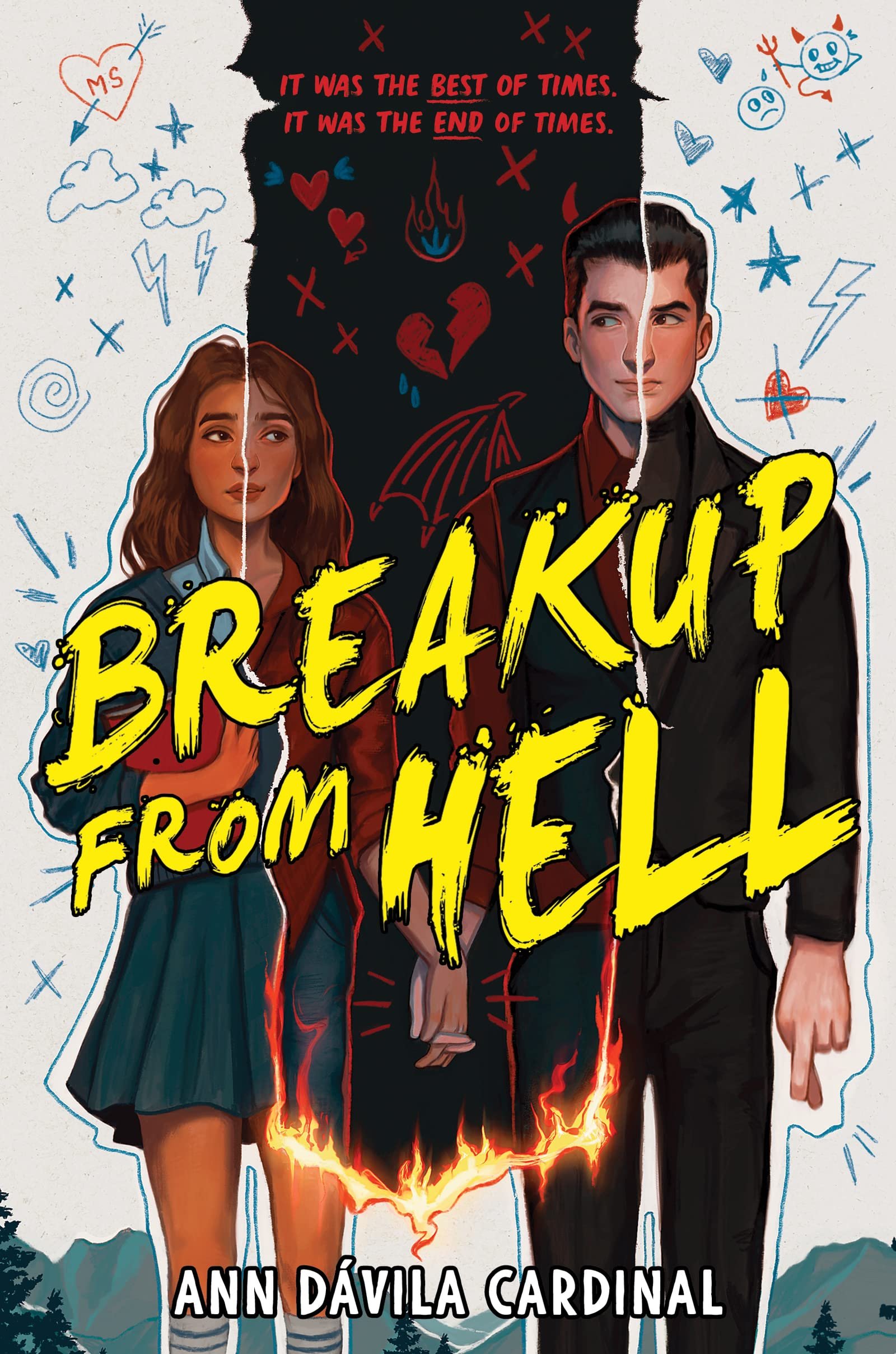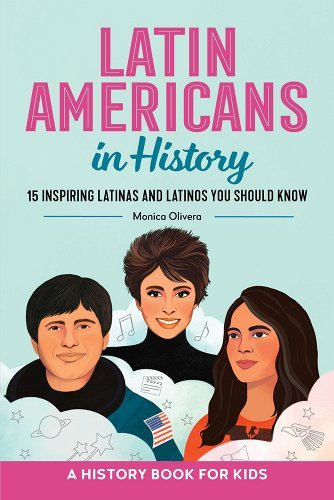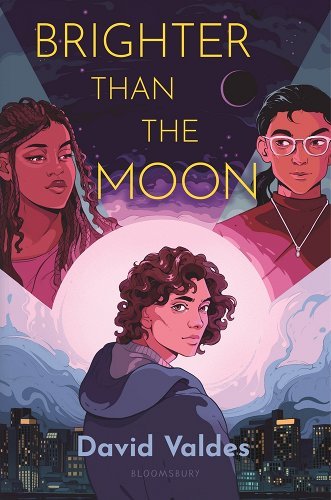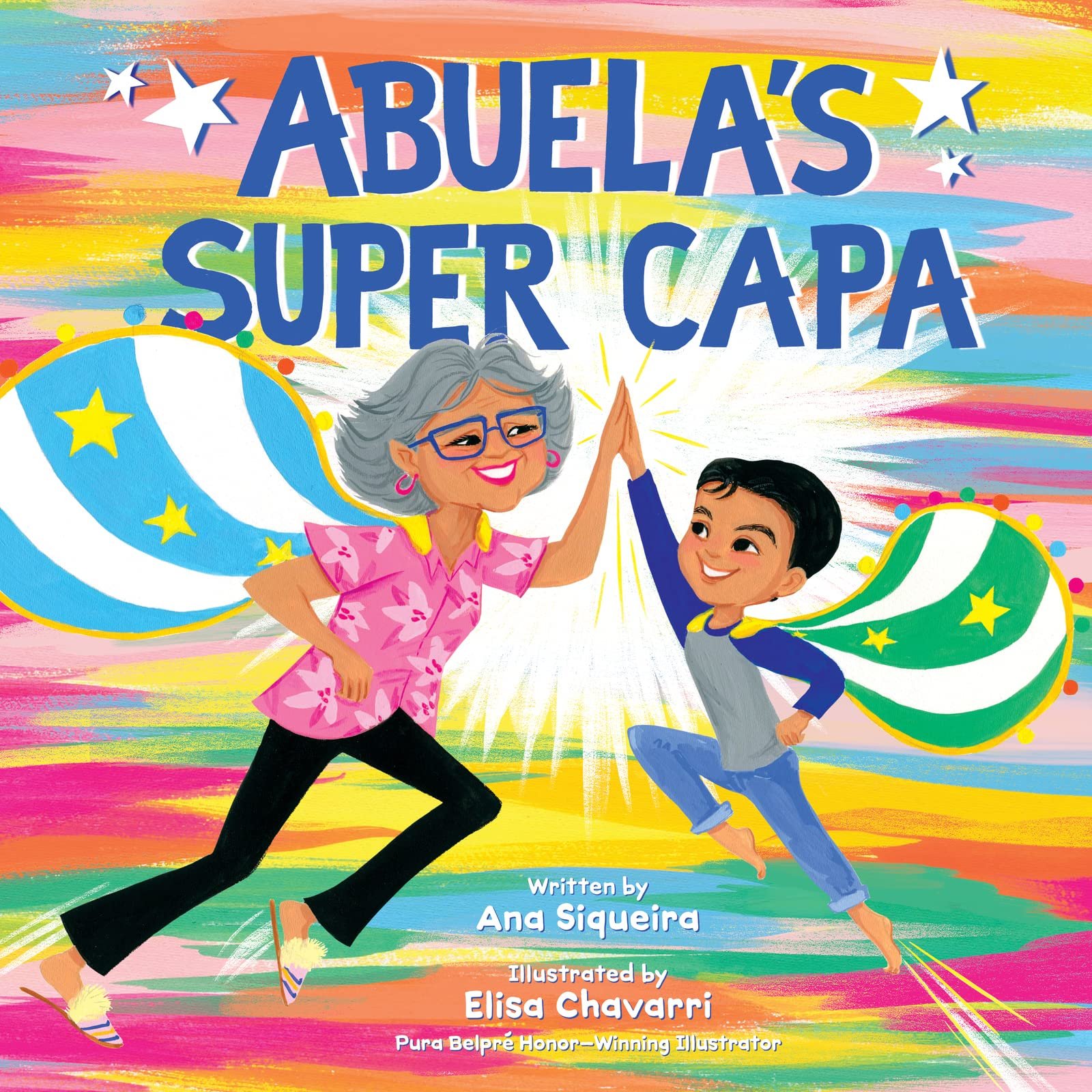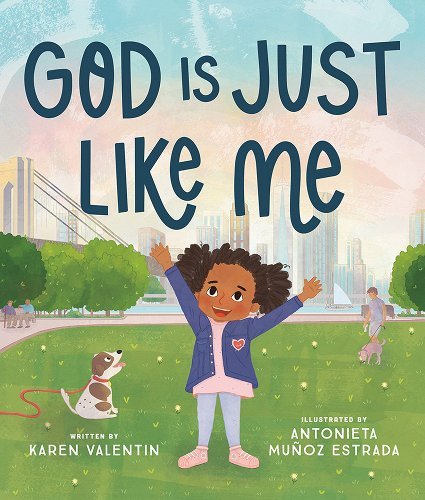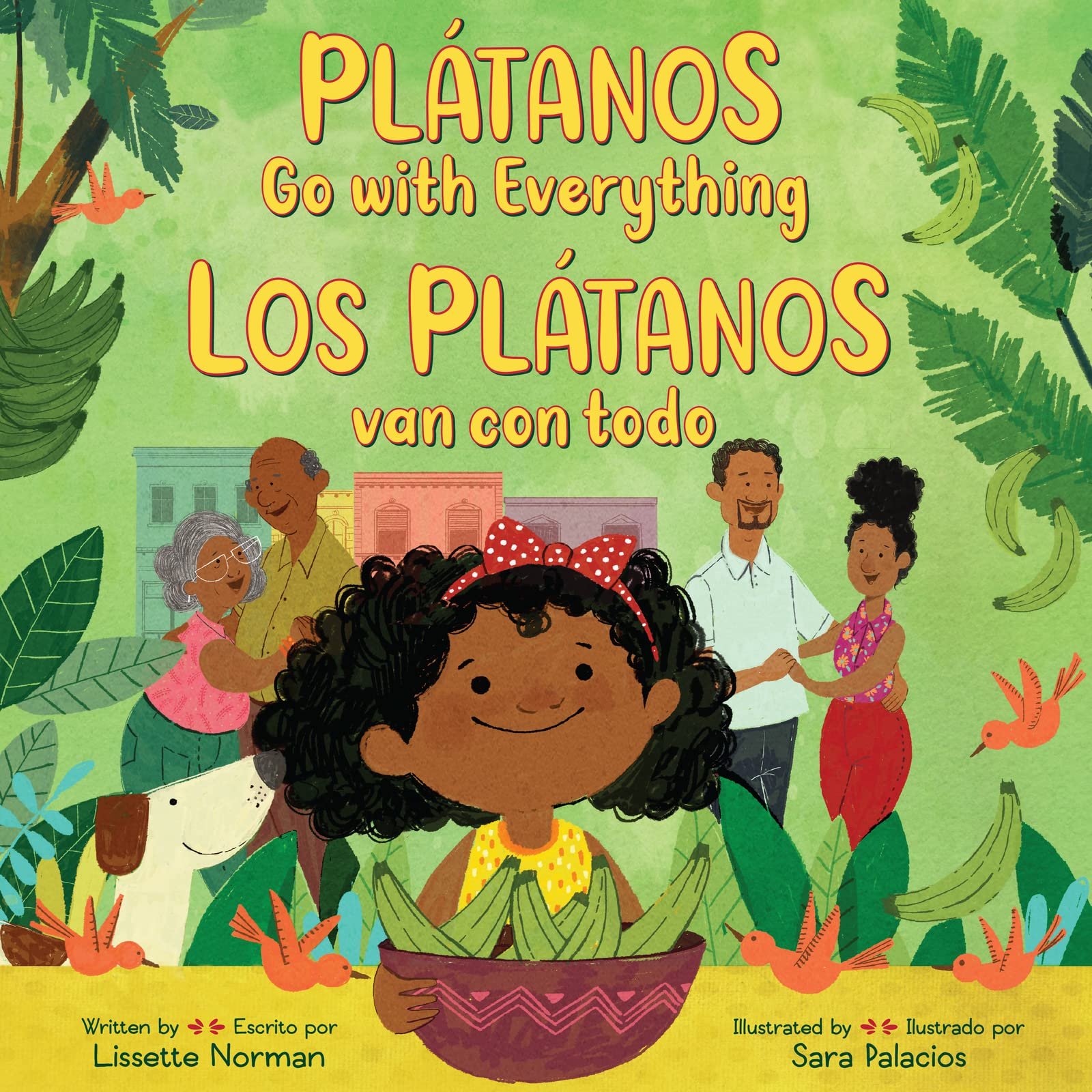Calypso, Corpses, and Cooking by Raquel V. Reyes, her second Caribbean Kitchen mystery, returns to Coral Shores, Miami to pick up where Miriam Quinones-Smith left off after her last mystery. With the Halloween season upon the small town, when a body is found among the tombstones on Miriam’s front yard, it seems that her decorations are in the spirit. That is until see realizes that it is not a decoration, but an unconscious woman, and from that moment forward, the bodies keep popping up. Miriam struggles to balance the bodies that keep appearing, no matter what she does, on top of her mother in law’s expectations for the Women’s Club annual gala, which is shortly approaching.
Despite the stressors going on in Miriam’s life, she tries to focus on her everyday activities: taking care of her young son and working on her cooking show segments, on the local Spanish television network. However, Miriam, Coral Shores very own Veronica Mars, cannot stop stumbling onto tiny hints and information that she wants to puzzle together, in order to solve the mystery that seems to be surrounding her.
Visits from her old partner Detective Pullman go from collaborative, to warnings, to stay out of it. But wherever Miriam stumbles, chisme follows or appears at her door unexpectedly. Even her prep for the Women’s Club gala grows dangerous as hints keep appearing. But will Miriam’s “luck” finally catch up to her and leave her in a less than warm embrace?
Calypso, Corpses, and Cooking is a fun and light mystery that takes the reader on a fast pace adventure, filled with the smells and tastes of delicious cultural food (Miriam’s anthropology degree never fails to inspire new information.) Guided by the planning and execution of the Women’s Club gala, the reader works in tandem with the shifting social hierarchy of Coral Shores, in hopes of solving who is behind these sudden murders, before more bodies can be found. Reyes writes in a delightful fashion making the reader fall in love with Miriam and those close to her, no matter how many sticky situations arise. Even though the story is lighthearted, Reyes does address discrimination and stereotypes that Latinx individuals face in a thought-provoking way, without being heavy headed.
“Reyes writes cultural love letters to Latinx communities.”
Miriam consistently stumbles into places she shouldn’t be, but she also shows incredible kindness to those around her, sees the best in people, and is delicate with the cultures around her. This book, while having the perfect dashes of Halloween shivers and mysterious fun, manages to feel like a warm hug. Calypso, Corpses, and Cooking holds community, family, and the joy of food at the heart of it; keeping it immensely joyful, while being an incredibly fun read. For readers that want something a little different, dashes of fun and spooky, to diversify their TBR lists, Reyes and her Caribbean Kitchen Mysteries are perfect. Reyes writes cultural love letters to Latinx communities.
RAQUEL V. REYES writes Latina protagonists. Her Cuban-American heritage, Miami, and Spanglish feature prominently in her work. Mango, Mambo, and Murder, the first in the Caribbean Kitchen Mystery series, won a LEFTY for Best Humorous Mystery. It was nominated for an Agatha Award and optioned for film. Raquel’s short stories appear in various anthologies, including The Best American Mystery and Suspense 2022. Find her across social media platforms as @LatinaSleuths and on her website LatinaSleuths.com
TEREZA LOPEZ (she/her) is a recent graduate from Clark University with a double major in English and history. She attended Clark University again in Fall 2021 and obtained a Master’s in communication. When she is not studying, you can find her obsessively reading or taking care of her new kitten.


